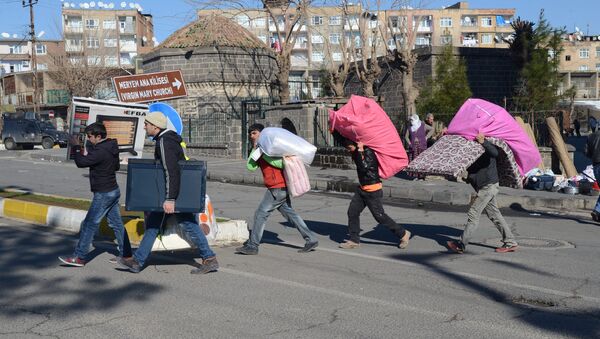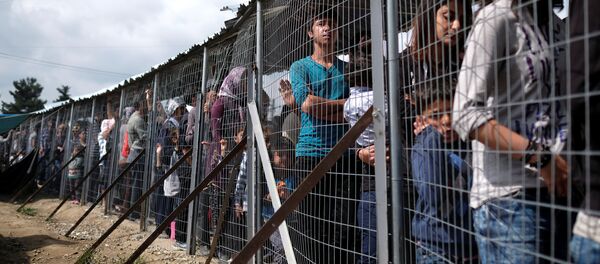Today, there are 300,000 Kurds internally displaced in Turkey, whereas over one million people in total have been affected by the clashes between the army and the rebellious Kurds, warned researcher Siri Neset of the Christian Michelsen Institute in Bergen, Norway.
"We look at the pictures from eastern Turkey and see war-like conditions in many cities, so it would actually be hardly surprising if many tried to seek asylum in Europe," Ness told Aftenposten.
"The new refugee wave is going to come from here and not from Syria," Turkish MP Faysal Sariyildiz said to Aftenposten a month ago.
Sometimes, however, the bizarre reality contradicts simple logic.
"It would be somewhat absurd if one first signed an agreement with Turkey assuming it was safe enough to send refugees back there, and then granted asylum to people being persecuted in the very same Turkey," Professor Erik Oddvar Eriksen at the University of Oslo noted.
"Disagreements over terror legislation in particular may topple the agreement on visa-free travel and thus even the entire refugee agreement," Siri Neset said, backed by Erik Oddvar Eriksen.
The Kurds are Turkey's largest ethnic minority, representing between 10 and 30 percent of the country's population. Hundreds of civilians have been killed or displaced since the long-running Turkish-Kurdish conflict was rekindled last summer.






